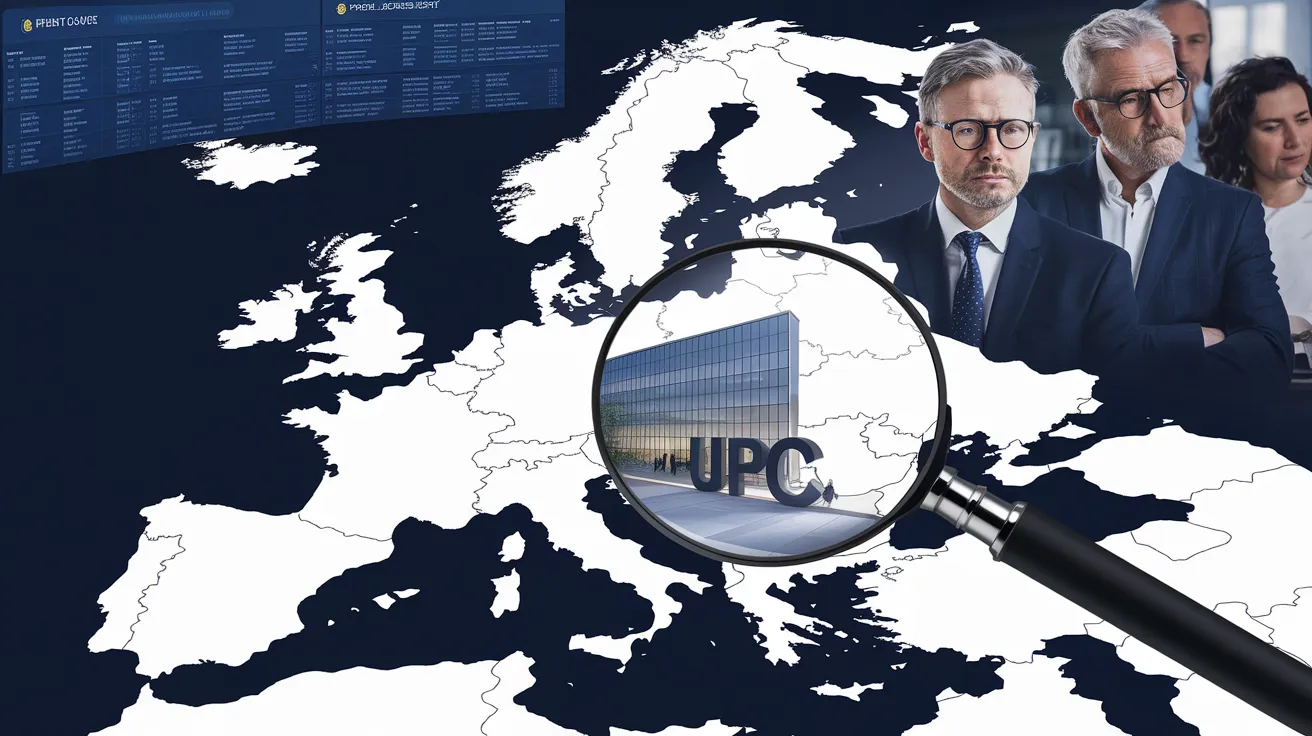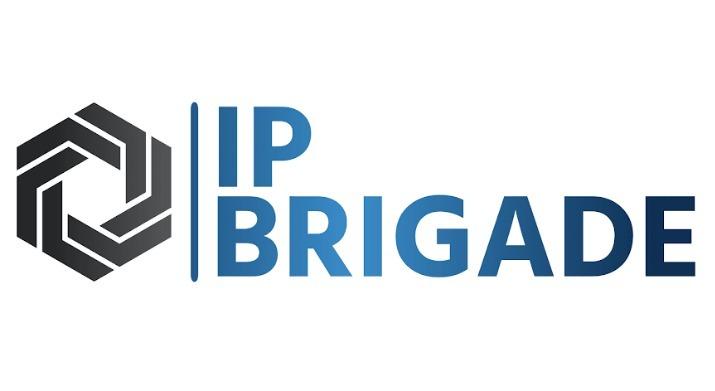The implementation of the Unified Patent Court (UPC) marks a significant milestone in the European patent landscape.
Designed to centralize patent litigation and create a more streamlined system, the UPC has brought about profound changes.
This article explores the impact of the UPC on patent search strategies, offering insights into how stakeholders can adapt.
The Unified Patent Court is a judicial system established to handle disputes related to European patents and Unitary Patents (UPs).
The UPC aims to provide a single forum for patent litigation across participating European Union (EU) member states.
With its implementation, inventors can now opt for a Unitary Patent, which offers protection across most EU member states.
Guidance for Legal Representatives
1. Enhanced Search Tools and Technologies
The complexity of the UPC system has driven demand for more advanced patent search tools. Features like multilingual search capabilities, AI-driven prior art analysis, and integration with global patent databases are becoming essential.
2. Collaboration Between Legal and Technical Teams
Effective patent searches under the UPC require collaboration between technical experts and legal professionals. Patent attorneys must work closely with researchers to:
Identify the most relevant prior art.
Assess the legal implications of prior art under the UPC framework.
3. Proactive Monitoring of UPC Jurisprudence
As the UPC develops its case law, staying informed about rulings and their implications for patent validity and infringement will be critical. Patent searches should incorporate insights from recent UPC decisions to anticipate potential legal risks.
Opportunities and Challenges
Adapting Patent Search Strategies Best Practices
To thrive under the UPC system, stakeholders should consider the following best practices:
Invest in Advanced Search Technologies
Utilize tools with NLP capabilities to overcome language barriers and improve search accuracy.
Prioritize Comprehensive Search Coverage
Conduct searches across both UPC and non-UPC jurisdictions to ensure complete protection.
Monitor UPC Developments
Stay informed about UPC rulings, procedural updates, and changes in participating states.
Collaborate with Experts
Engage with patent attorneys, technical experts, and search professionals to ensure a holistic approach to patent searches.
Conclusion
The Unified Patent Court represents a transformative shift in the European patent system, with significant implications for patent search strategies. By centralizing litigation and introducing the Unitary Patent, the UPC has created both challenges and opportunities for stakeholders. To succeed in this new landscape, businesses and legal professionals must adopt advanced search tools, prioritize comprehensive risk assessments, and stay informed about UPC developments. By doing so, they can navigate the complexities of the UPC system and ensure robust protection for their innovations across Europe.






